Adopting a rescue pet is a rewarding experience, but it can also come with challenges, especially if your new furry friend suffers from anxiety. Many rescue animals have experienced trauma or instability in their previous environments, making them more susceptible to anxiety. However, with patience and care, you can help your rescue pet feel more secure and relaxed. Here are ten effective tips for reducing anxiety in rescue pets.
1. Create a Safe Space
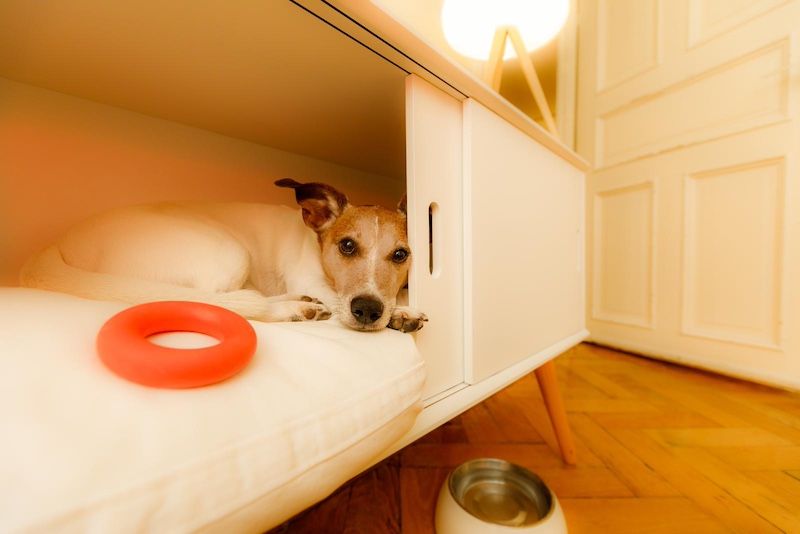
Establishing a safe haven in your home is crucial for a rescue pet. Choose a quiet area with comfortable bedding, toys, and access to fresh water. This space will give your pet a retreat where they can feel secure when they’re overwhelmed or anxious.
2. Gradual Introduction to New Environments
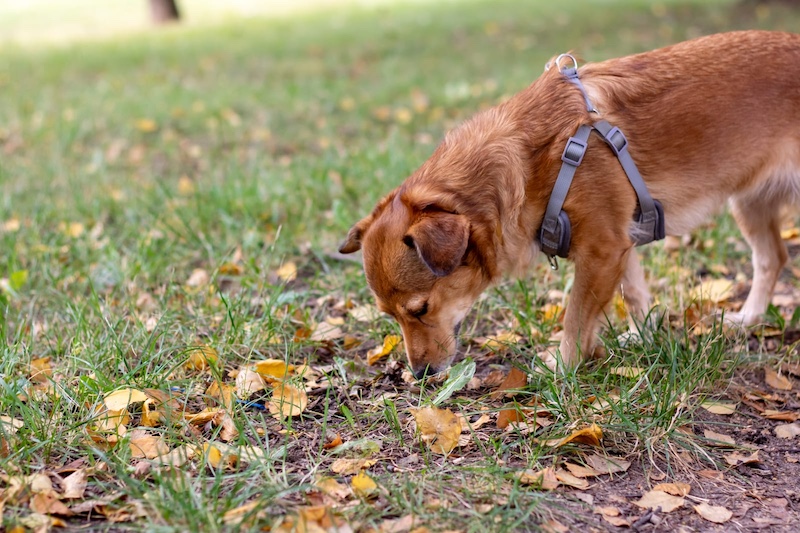
Rescue pets can be sensitive to new experiences and environments. When introducing your pet to new spaces, do so gradually. Start with one room and slowly allow them to explore the rest of the house. This will help them acclimate without feeling overwhelmed.
3. Establish a Routine
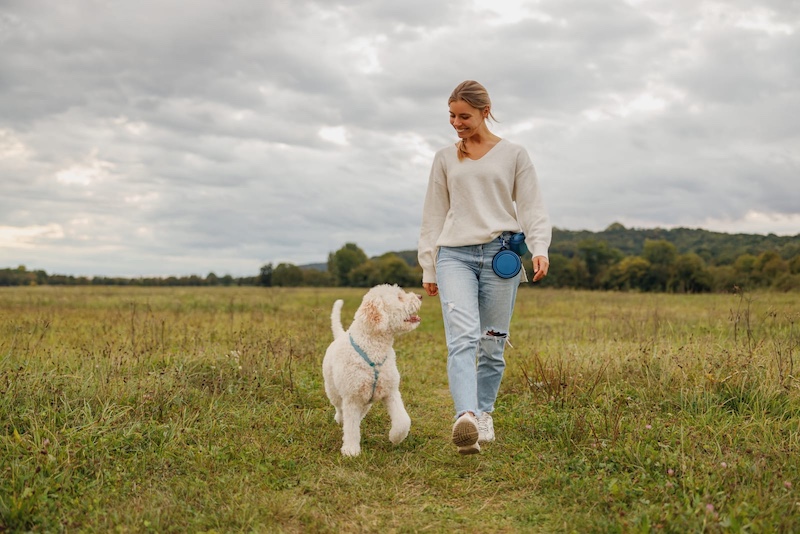
Pets thrive on routine, and establishing a consistent daily schedule can help reduce anxiety. Set regular feeding times, walk schedules, and playtime. Knowing what to expect can provide your rescue pet with a sense of stability and comfort.
4. Positive Reinforcement Training
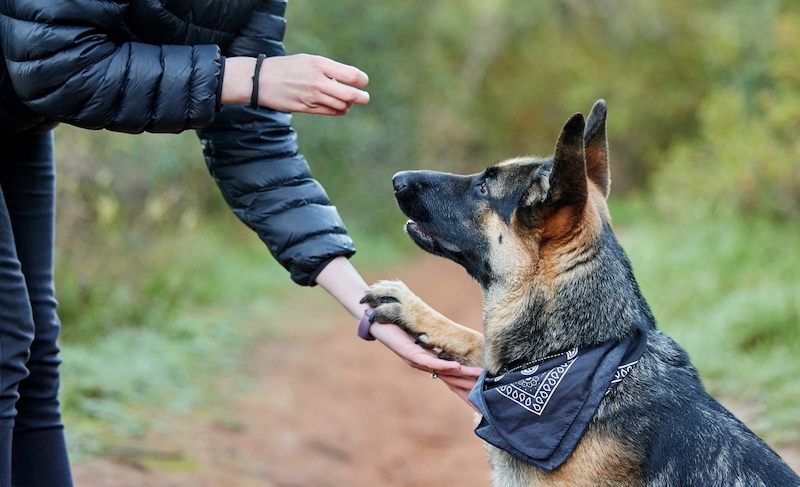
Using positive reinforcement techniques can help build your pet’s confidence. Reward them with treats and praise for calm behavior, following commands, or exploring new environments. Training not only reinforces good behavior but also strengthens the bond between you and your pet.
5. Provide Mental Stimulation
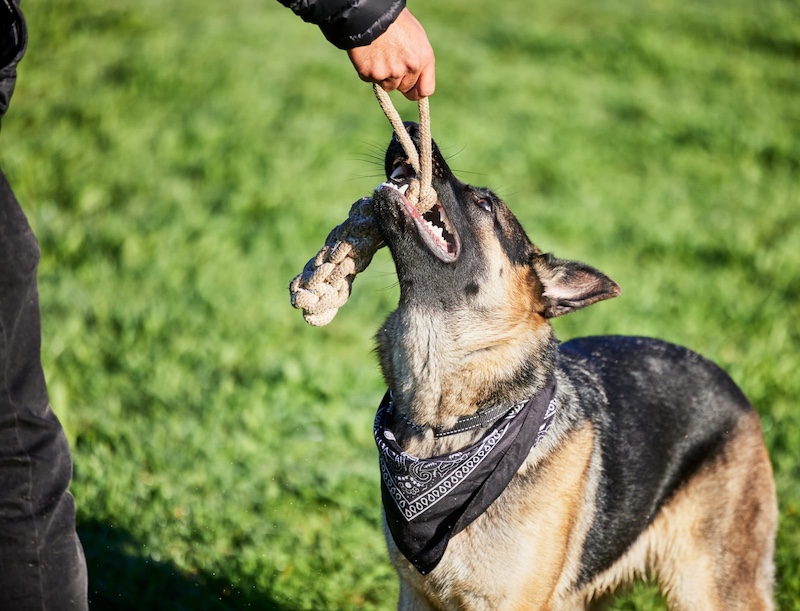
Mental stimulation can help alleviate boredom and anxiety in rescue pets. Engage your pet with interactive toys, puzzle feeders, and training sessions. Regular exercise and playtime are also essential for reducing anxiety and promoting overall well-being.
6. Use Calming Aids
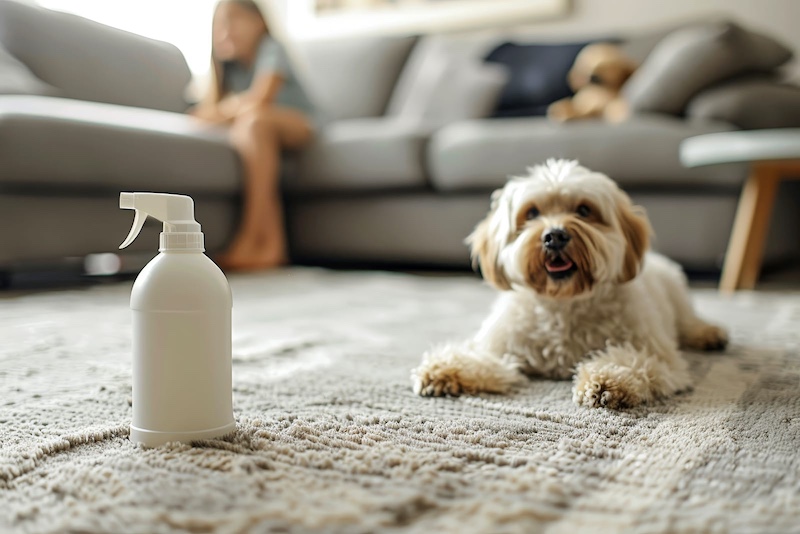
There are various calming aids available that can help soothe anxious pets. Consider using pheromone diffusers, calming collars, or herbal supplements designed for pets. Always consult your veterinarian before introducing any new products to ensure they are safe and appropriate for your pet.
7. Socialization with Other Pets
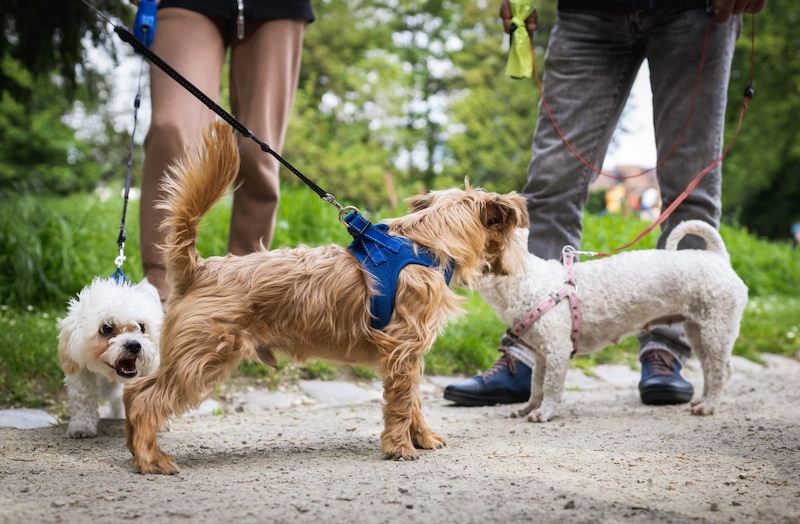
If your rescue pet is comfortable, gradually introduce them to other pets. Proper socialization can reduce anxiety and help them learn to interact positively with other animals. Monitor their interactions closely, and ensure all pets feel safe and secure during the process.
8. Limit Exposure to Stressors

Identify and minimize exposure to known stressors, such as loud noises, chaotic environments, or unfamiliar people. If your pet is sensitive to specific stimuli, try to create a calm atmosphere. Use white noise machines or calming music to mask sudden noises.
9. Practice Patience and Understanding
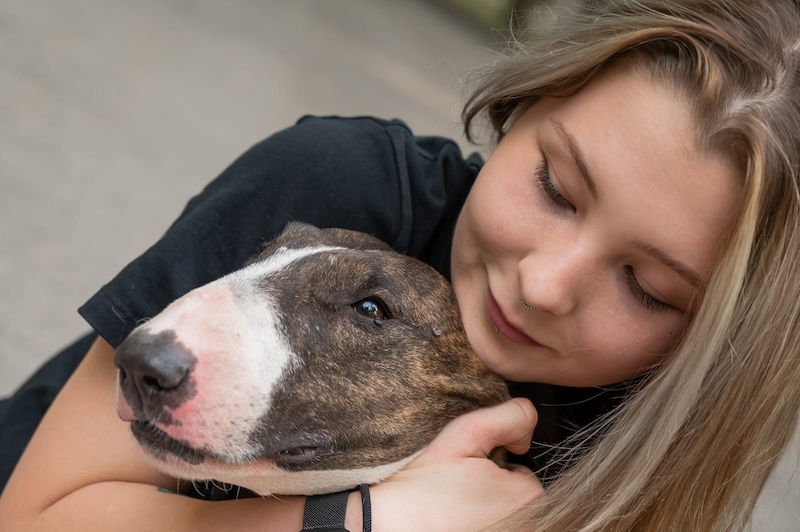
Anxiety in rescue pets can take time to overcome. Be patient and understanding as they adjust to their new environment. Avoid scolding or punishing them for anxious behaviors, as this can exacerbate their anxiety. Instead, focus on building trust and offering reassurance.
10. Consult a Professional
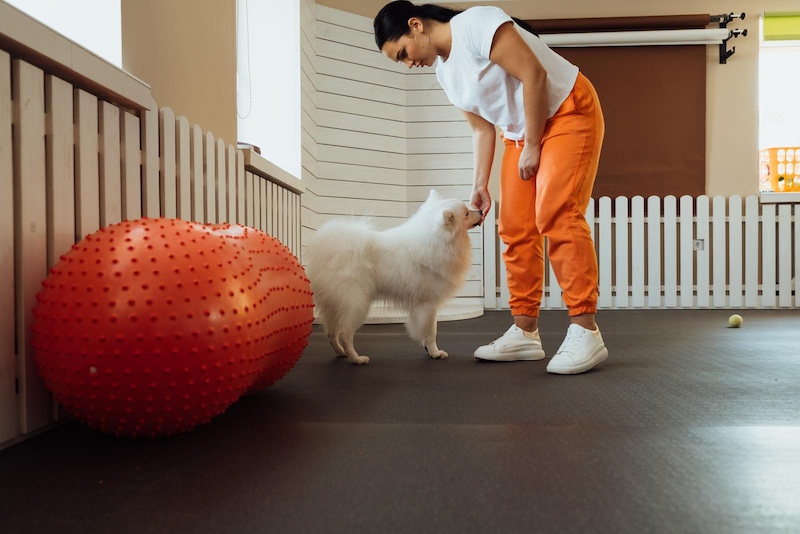
If your rescue pet’s anxiety persists or worsens, consider consulting a veterinarian or a professional animal behaviorist. They can provide valuable insights and tailored strategies to help manage your pet’s anxiety more effectively. Please Note: This content was created with the assistance of AI and thoroughly edited by a human before publishing.

